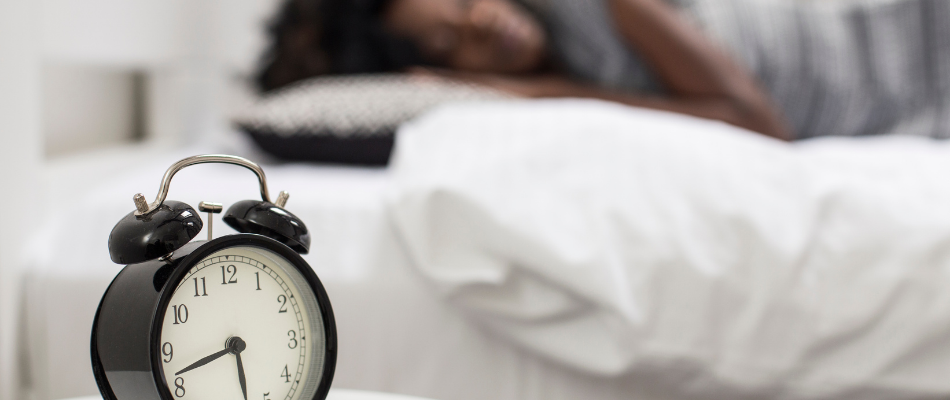Already, the first quarter of the year is concluded and we are dealing with everything that life has to offer: work, family, friends, fitness, and our mental wellness. All of this makes for a busy life!
In this article, we are going to take a pause and look at one of the most important aspects of our health and wellbeing: SLEEP…
Poems, choral works and many books have been written about it. Some do it so well whilst others struggle to do it, yet, it is an essential bodily function. Sleep allows your body and brain to recharge and destress. After a good nights’ sleep, we perform optimally and can make better decisions. It helps us feel more alert, and optimistic and helps us to socialise better. It also helps your body fight diseases and to heal. In this article, we will look at what happens when we sleep and the biological reasons why we need to sleep (and sleep well).
Sleep cycles
You might have read or heard somewhere about sleeping cycles and stages of sleep. The stages include two phases: non-rapid eye movement (non-REM) sleep and REM (Rapid-eye movement). During REM sleep your brain waves and eye movement increase and your heart and breathing speed up. Dreaming also takes place during REM sleep.
The cycle of four stages usually includes three stages of non-REM and one stage of REM sleep. The cycle occurs continuously throughout sleep and can vary between 70–120 minutes each.
Even though the cycle of sleep varies, the recommended amount of sleep depends on your age. Usually, 18 to 60-year-olds need a minimum of 7 hours within a 24 hour day.
Also important to list: what happens when we do not sleep enough? Heathline lists the following:
- mood changes
- anxiety
- depression
- poor memory
- poor focus and concentration
- poor motor function
- fatigue
- weakened immune system
- weight gain
- high blood pressure
- insulin resistance
- chronic diseases, like diabetes and heart disease
- increased risk of early death
All-and-all not so good, right?
But what happens to us when we sleep, physiologically? Ultimately, sleep affects the core bodily processes: breathing, heart rate, muscle tone, brain activity and hormone levels.
Breathing
Your breathing slows down significantly, only during REM does it increase again.
Heart rate
Heart rate begins to slow down and reaches its slowest pace during non-REM. During REM the heart rate could be as fast as when you are awake.
Muscle tone
Muscles relax completely and go into a stage referred to as atonia. This keeps your legs and arms from moving in response to your dream content. Your respiratory and eye muscles stay active.
Brain activity
The brain activity, when measured during sleep, shows clear patterns linked to each sleep stage. Brain waves slow down during non-REM but burst into activity during REM. Recently, studies have shown that REM sleep enables critical cognitive abilities and memory consolidation.
Hormone levels
Sleep plays a crucial role in regulating the production of hormones. Melatonin is produced which helps with the promotion of sleep. The growth hormone supports bone and muscle development and cortisol – the body’s stress response system – is produced. Leptin and ghrelin – the hormones that help to control appetite – are also produced.
Knowing that sleep is such a crucial part of our wellness, how can we improve our sleeping habits? Healthline Media (ibid), provides evidence-based tips to improve your sleep:
- Increase your exposure to bright light during the day
- Reduce blue light exposure in the evening
- Try to reduce your caffeine intake during the day
- Reduce daytime naps
- Keep the time you go to bed consistent
- Take a melatonin supplement
- Don’t drink alcohol
- Ensure your bedroom environment stimulates sleep
- Make sure the temperature in your bedroom is sufficient
- Don’t eat before you go to bed
- Do relaxation exercises
- Do relaxing exercises before going to bed
- Make sure you do not have a sleep disorder
- Make sure your bed, mattress and pillow stimulate sleep
- Exercise regularly
- Don’t drink any liquid before going to bed
Optimising your sleeping pattern holds many health benefits and will also ensure that you are productive during the day. Furthermore, you will be able to enjoy your day to the optimum. Surely, that’s seven hours well spent!
Read also:







